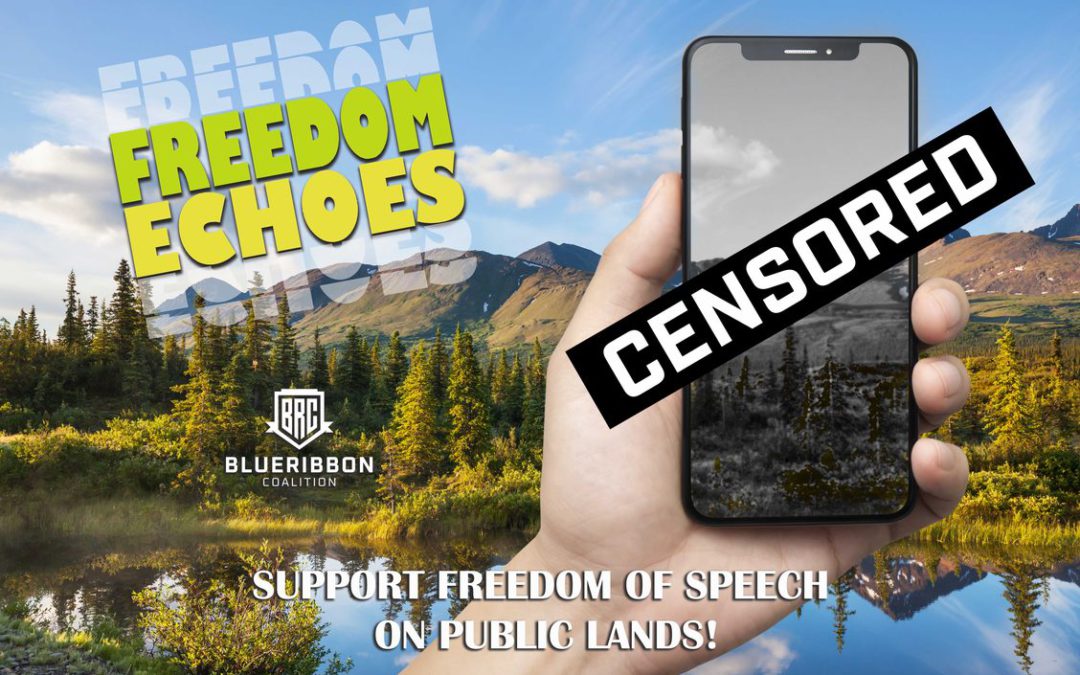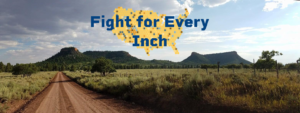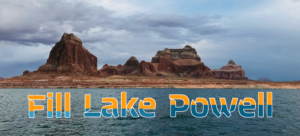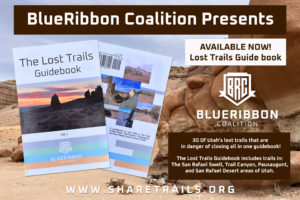For years, permits have been required to produce commercial film or photography content on federally managed public lands. Historically, this authority was used to manage the impacts of Hollywood film productions that have the potential to leave an impact on the landscape. Recently, the law authorizing commercial film permitting was challenged in court on 1st Amendment grounds since it was being used to restrict the speech of individual filmmakers. Agencies reversed what was then an accelerating trend towards regulating all forms of commercial content creation on public land.
In the age of social media, posts featuring adventures on public land have become wildly popular, and with this popularity, commercialized content featuring public land has also exploded at the same time it has become more difficult to define.
In the fall of 2022, the laws authorizing agencies to require permits were upheld in appeals court, and now the National Park Service is updating its guidance regarding film permits in a way that could affect POTENTIALLY ALL commercial filming regardless of the size of crew, or type of equipment used. In other words, content on YouTube is being identified as commercial filming because that content can be monetized. Instagram, TikTok and other social media platforms also can be monetized; therefore, we are concerned any video taken on federally managed land and waters will be restricted from social media platforms unless a permit was obtained ahead of time.
It remains to be seen how these rules will be implemented, but it looks like each agency will likely come up with their own set of rules for filming. This only means we will have a patchwork of rules, which would only compound the problem. We’ve already heard of cases where social media content creators have been ordered to remove all their content – even individual creators using simple equipment who are filming by themselves.
It could soon be considered illegal to post content created on public lands to social media platforms if you haven’t done the homework to figure out the labyrinthine rules that are in the process of being updated across hundreds of parks and agency offices.
Despite the findings of the Court of Appeals and regardless of the process to develop new rules to implement the current law, if we have arrived at a point where agents of the federal government are mandating removal of speech content from media platforms because it isn’t “permitted,” we are clearly in territory where we need to defend Freedom of Speech. We will be mounting a serious campaign to protect freedom of speech on public land as planning proposals become available. We are calling this the Freedom Echoes campaign, and we invite you to echo our concerns and keep your hand to your ear for updates.
The Federal Interior Land Media (FILM) Act, introduced by Representative Fulcher (R-ID) in 2022 eases restrictions for film permitting requirements on public lands and is a step in the right direction for reversing the erosion of our free speech rights that has already occurred. We have reached out to Rep. Fulcher’s office to discuss recommended changes to his language, but we still believe Supporting Rep. Fulcher’s bill is the first step we can take to defend our freedom of speech on public land, and we invite you to spread the word to your elected representatives to support the FILM Act.






